Articles
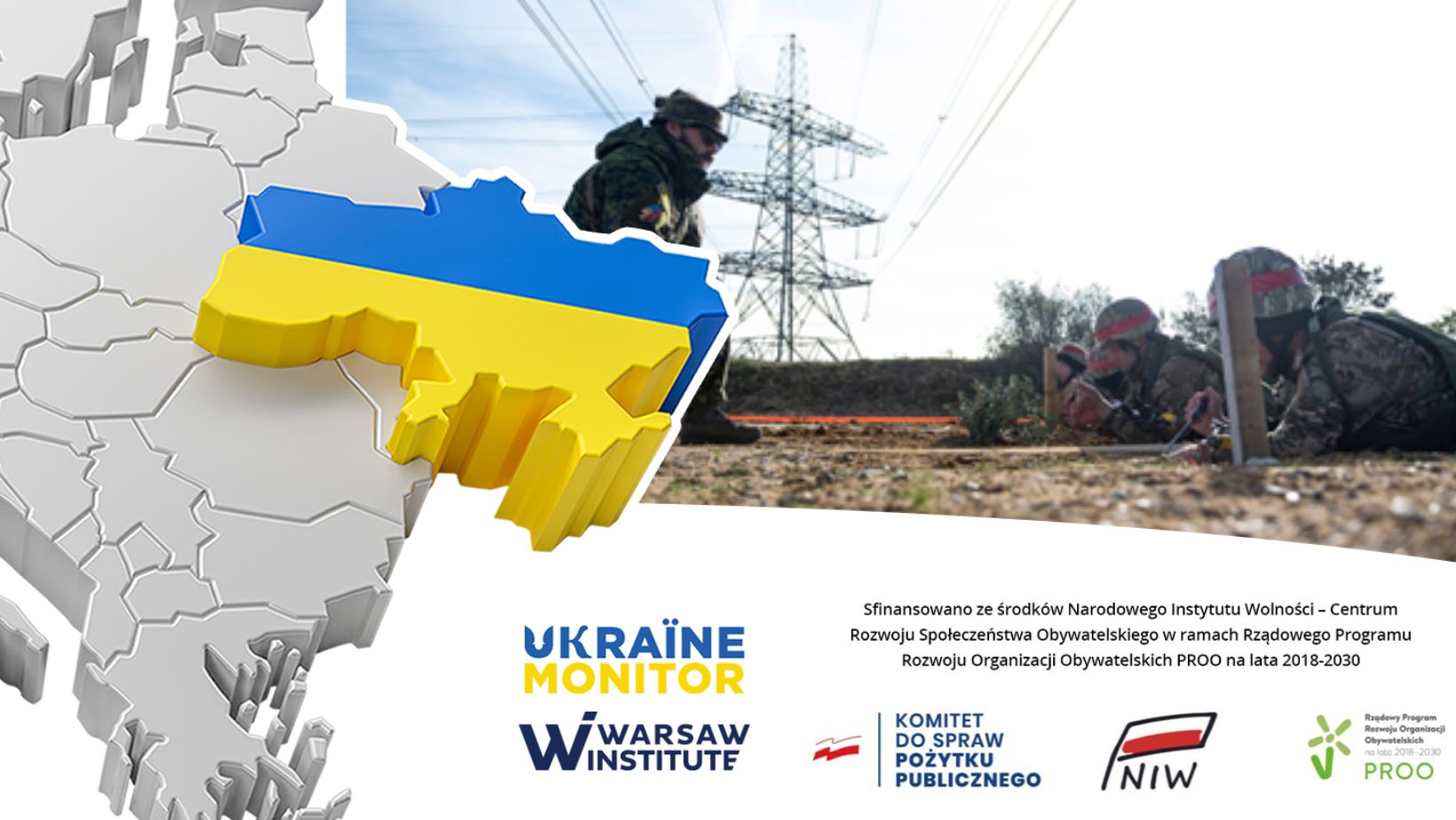
Russia Destroys Power, Energy Infrastructure Across Ukraine
Russian military strategy in Ukraine specifically calls for strategic operations to destroy critical infrastructure, bringing the country to the verge of a humanitarian crisis. Since the invasion began, Russian forces targeted critical infrastructure facilities, including power plants, energy grids, and oil and gas pipelines. A mass-scale campaign began on October 10. Russian drone strikes have damaged at least 40 percent of Ukraine’s energy infrastructure, raising concerns about the coming winter.
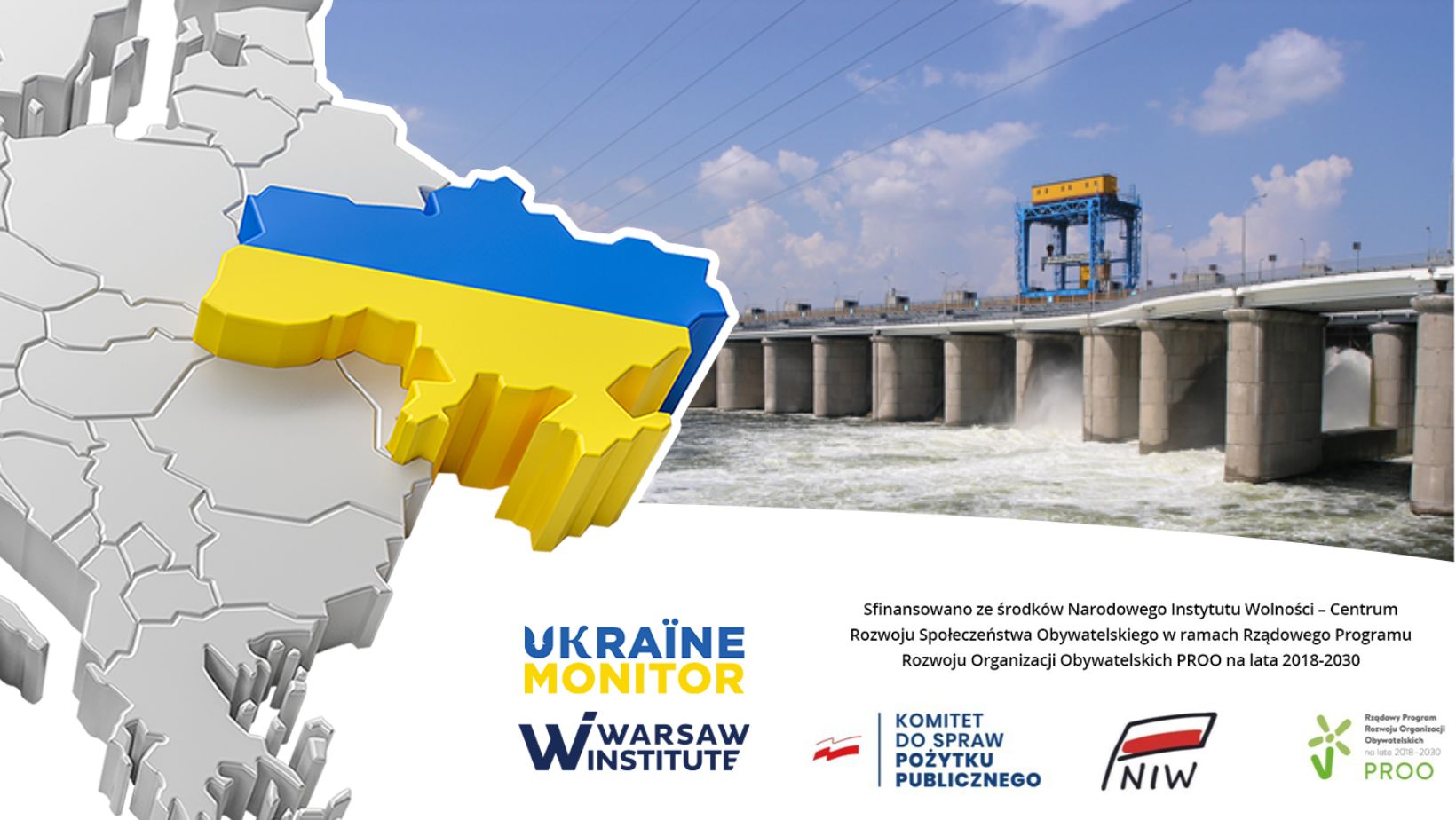
Who’s Actually Interested In Blowing Up Ukrainian Dam?
It started with a Russian claim blaming Ukraine for staging a plot to blow up a Dnieper dam, which yet would make no sense as its destruction would slow down a Ukrainian offensive and cause a large-scale disaster affecting towns and cities. Ukrainian officials accused Russia of plotting to blow up the dam. For the Kremlin, it is a matter of honor to launch a fierce campaign to defend Kherson, and blowing up the dam suits neither side.
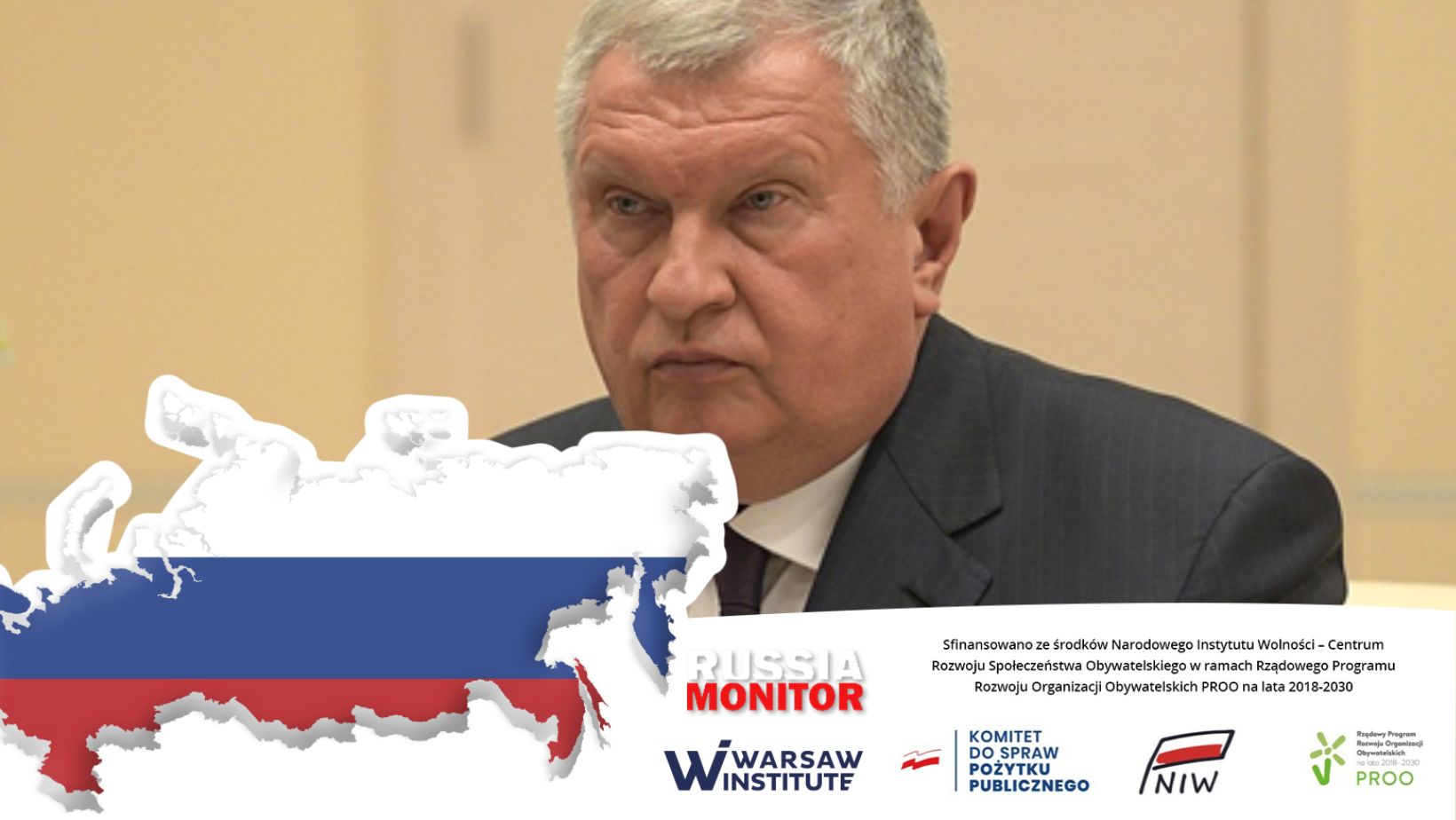
Rosneft CEO Sechin Claims EU Gas Price Caps Unreasonable
Russia Monitor is a review of the most important events related to Russian internal and external security, as well as its foreign policies. Date: Author: Grzegorz Kuczyński Rosneft CEO Sechin Claims EU Gas Price Caps Unreasonable A statement from the...

Russia Intimidates West With Nuclear Weapons
Russia’s nuclear drills are part of the country’s effort of scaring Western states off with possible nukes to be used in the Russia-Ukraine war. The Ukrainian government has said it suspects Russia is planning its own false flag operation. Russia has also waved the nuclear blackmail, a strategy that the Kremlin has followed since it invaded Ukraine. Moscow is aware that it will not intimidate Ukraine. Instead, it hopes to send a message to Western states, mostly Germany and France, that a nuclear option is still on the table.
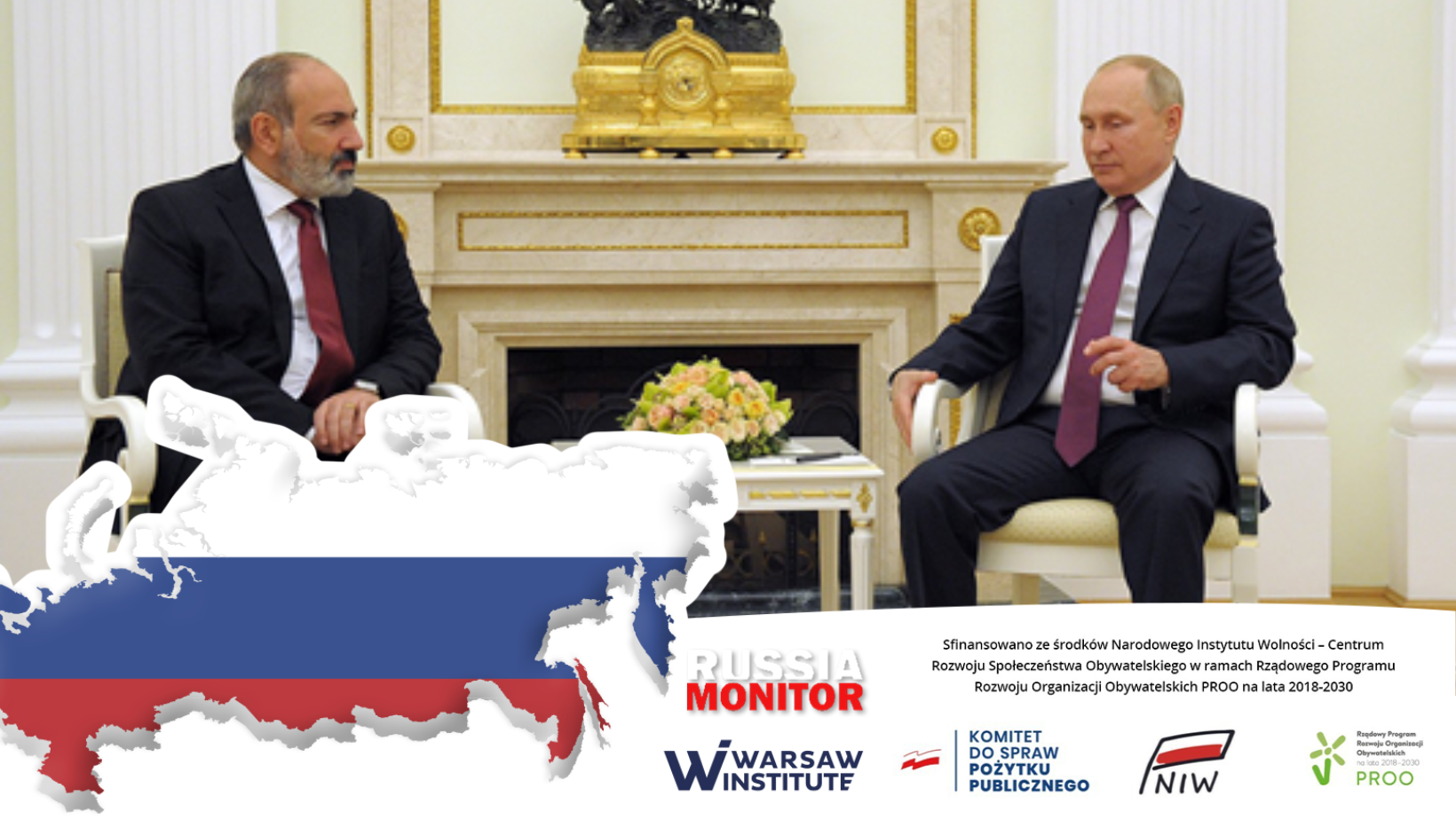
Will Armenia Accept Russian Peace Proposals?
Armenian Prime Minister Nikol Pashinyan said that the country agreed to work with Russian proposals to establish relations with longtime rival Azerbaijan. The leaders of Azerbaijan, Armenia, and Russia are expected to meet in Sochi. The Kremlin has responded to Western diplomatic efforts in the South Caucasus, where the European Union remains strongly engaged in mediating a peace process between Azerbaijan and Armenia over Nagorno-Karabakh.

The Role of Alaska in U.S. Arctic Strategy
The United States formally took possession of Alaska through the Alaska Treaty, ratified by U.S. Congress and signed into law by President Andrew Johnson in 1867. The state was admitted as the 49th state of the United States back in 1959. Purchasing a vast area north of Canada was not just a folly, which proves how strategically important Alaska is. This text describes the role of Alaska in the geopolitical chessboard now.

Ukraine Launches Diplomatic Counteroffensive in Africa
African nations are closely watching what is taking place in Ukraine as they depend heavily on grain supplies from the two warring sides. Shortly after the war broke out, many either remained neutral or sided with Russia. Now it has started to change. It is largely due to tremendous diplomatic efforts Ukraine has made in Africa––the continent where Kyiv has never had much political interest. Russia is doing differently––seeking to rebuild its Cold War influence by sending Wagner Group mercenaries and weapons to the continent.
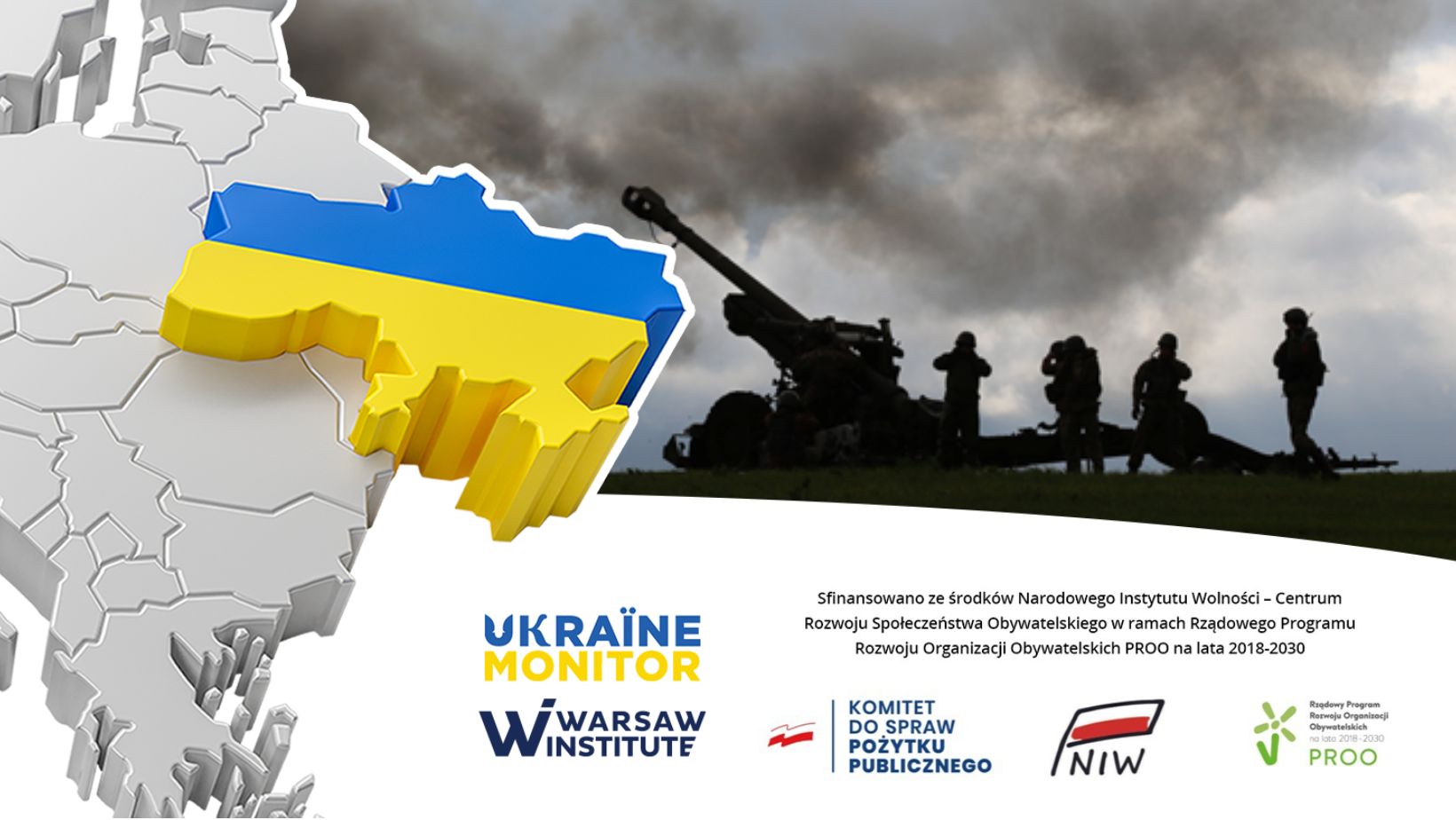
Artillery And Rain: Situation Along Front Line In Ukraine
Russia failed to draw any conclusions from the uneasy situation that Ukrainian forces were in while in Kherson Oblast due to rainy weather. An advance towards Vuhledar and Pavlivka in the south of Donetsk Oblast was hampered by muddy weather. The bottom line is that the daily Russian death toll stood at a record number. The chilly, wet weather is making conditions particularly difficult, slowing the Russian and Ukrainian offensive over the next two months.
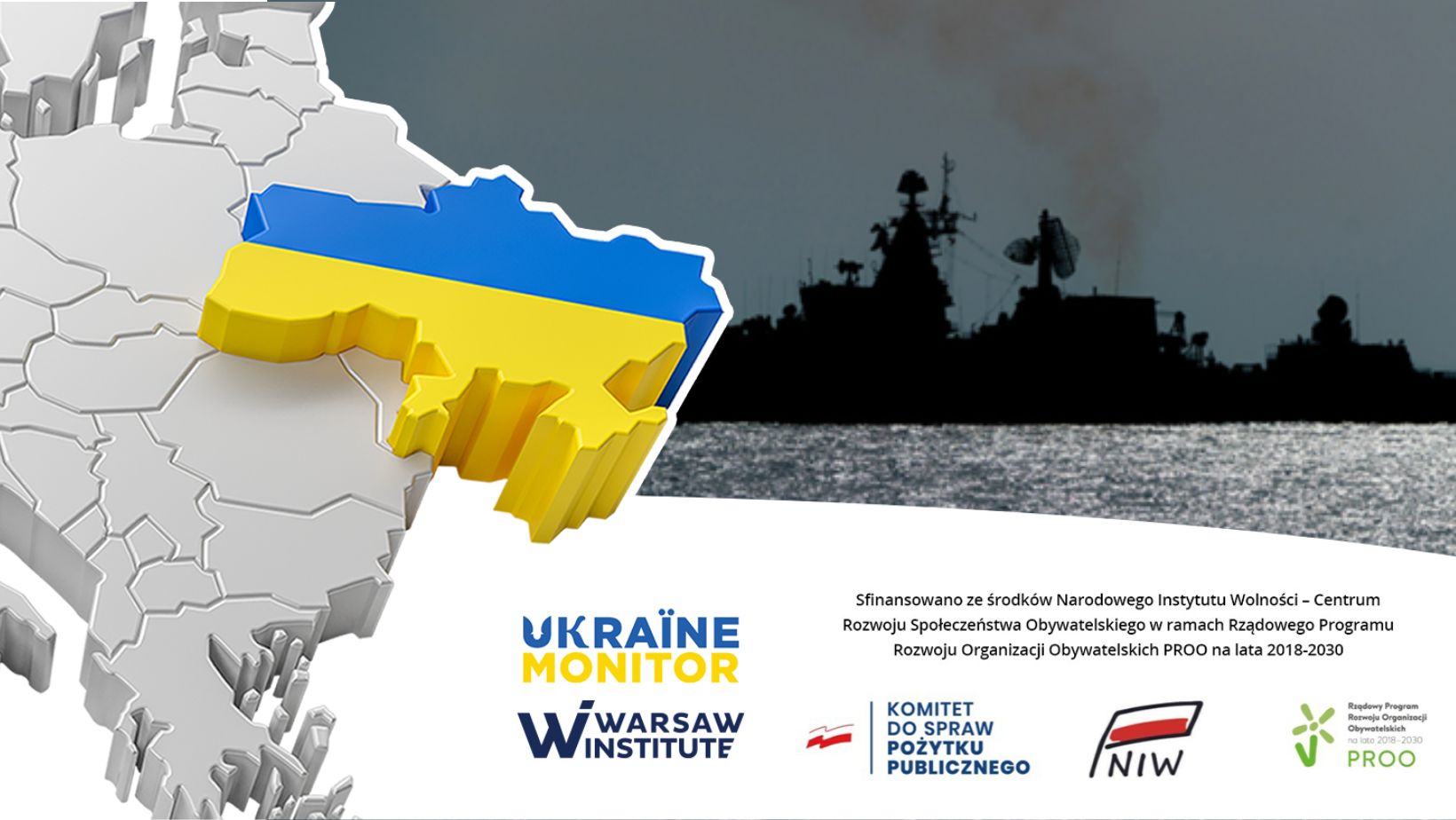
Russia Suspends Participation In Grain Export Deal
The Russian Federation’s decision to temporarily suspend its participation in the Black Sea Grain Initiative is little surprising. Moscow has been bracing for this since at least mid-October. This fits into the Russian war strategy that involves targeting civilians to cripple the economy and create a humanitarian catastrophe.
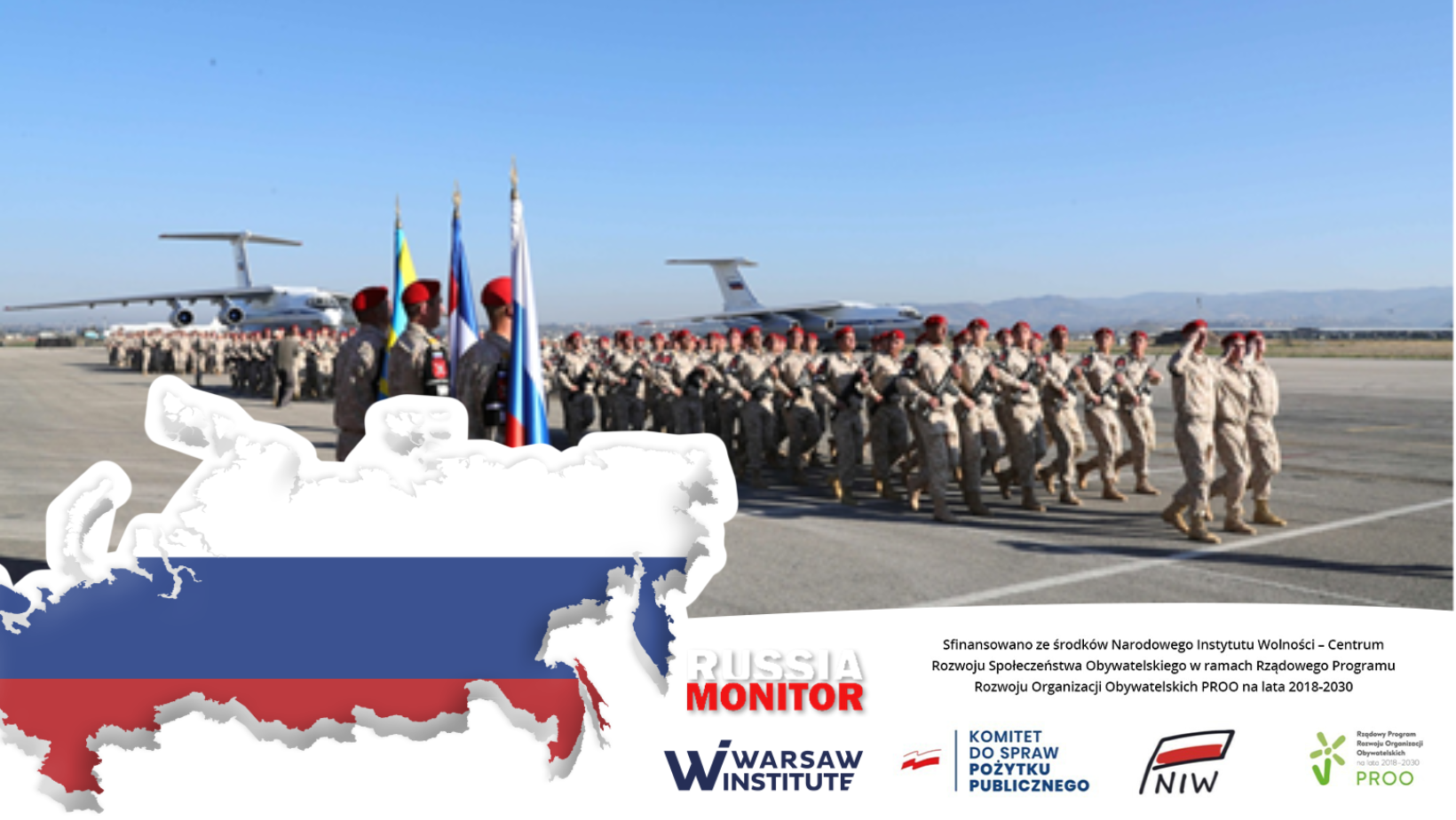
Russia’s Syrian Withdrawal Could Prompt Israeli Help For Ukraine
Israeli missiles hit targets near the Syrian capital Damascus in a rare daytime attack on October 24. Some of the missiles were shot down by the Damascus air defense. Israeli strikes usually take place under the cover of darkness. Perhaps Israel is less concerned over the Russian-backed air-defense systems in Syria as Russian forces withdrew from some positions in the country.
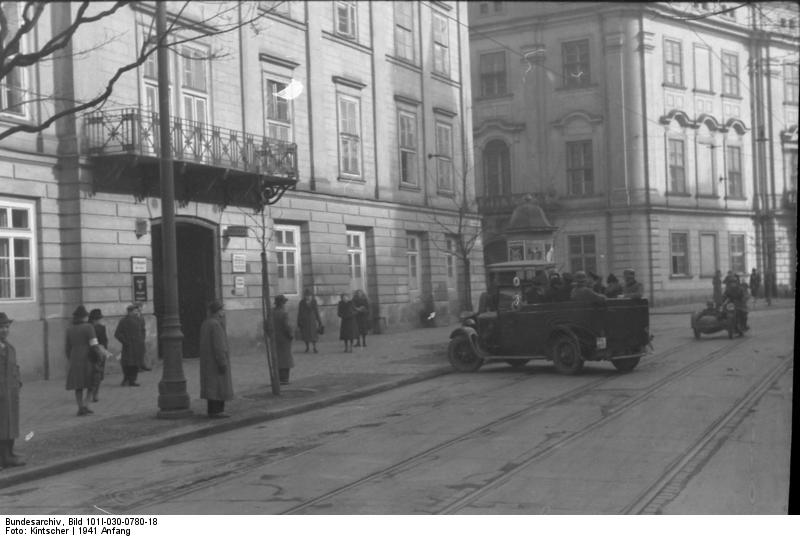
Operation Kutschera
Operation Kutschera has been widely analyzed and described in sources. It was just one of many daring attempts the Home Army had made under the lengthy Nazi German occupation of Poland.
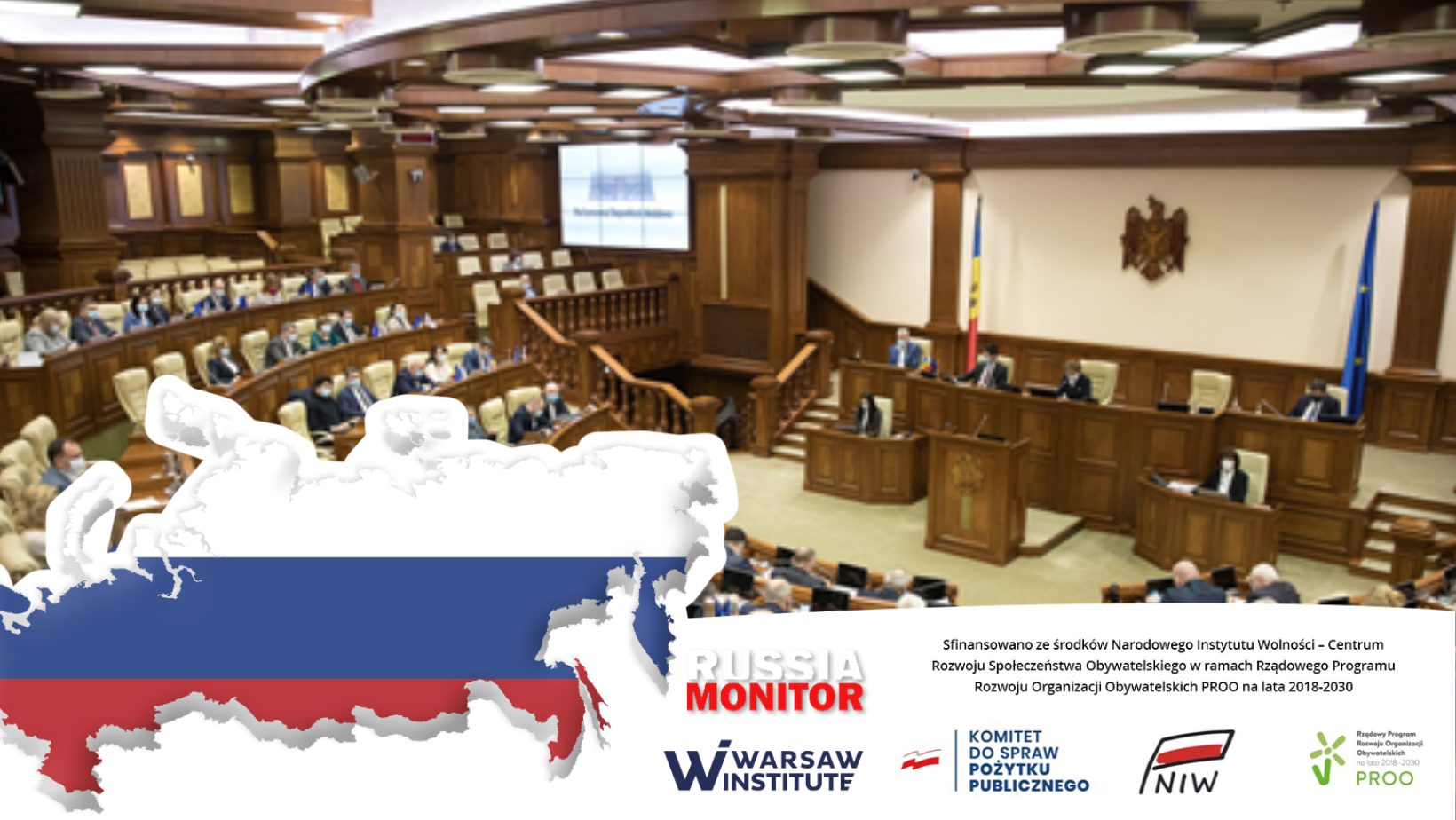
Moldova Faces Power Blackout: Will Russia Topple the Country’s Pro-Western Government?
Russia has sought to destabilize Moldova through street protests staged by a pro-Russian left-wing opposition party, rising separatist sentiments in Gagauzia, and gas blackmail. In the last scenario, Russia has used its loyal separatists in the Moldovan breakaway republic of Transnistria.
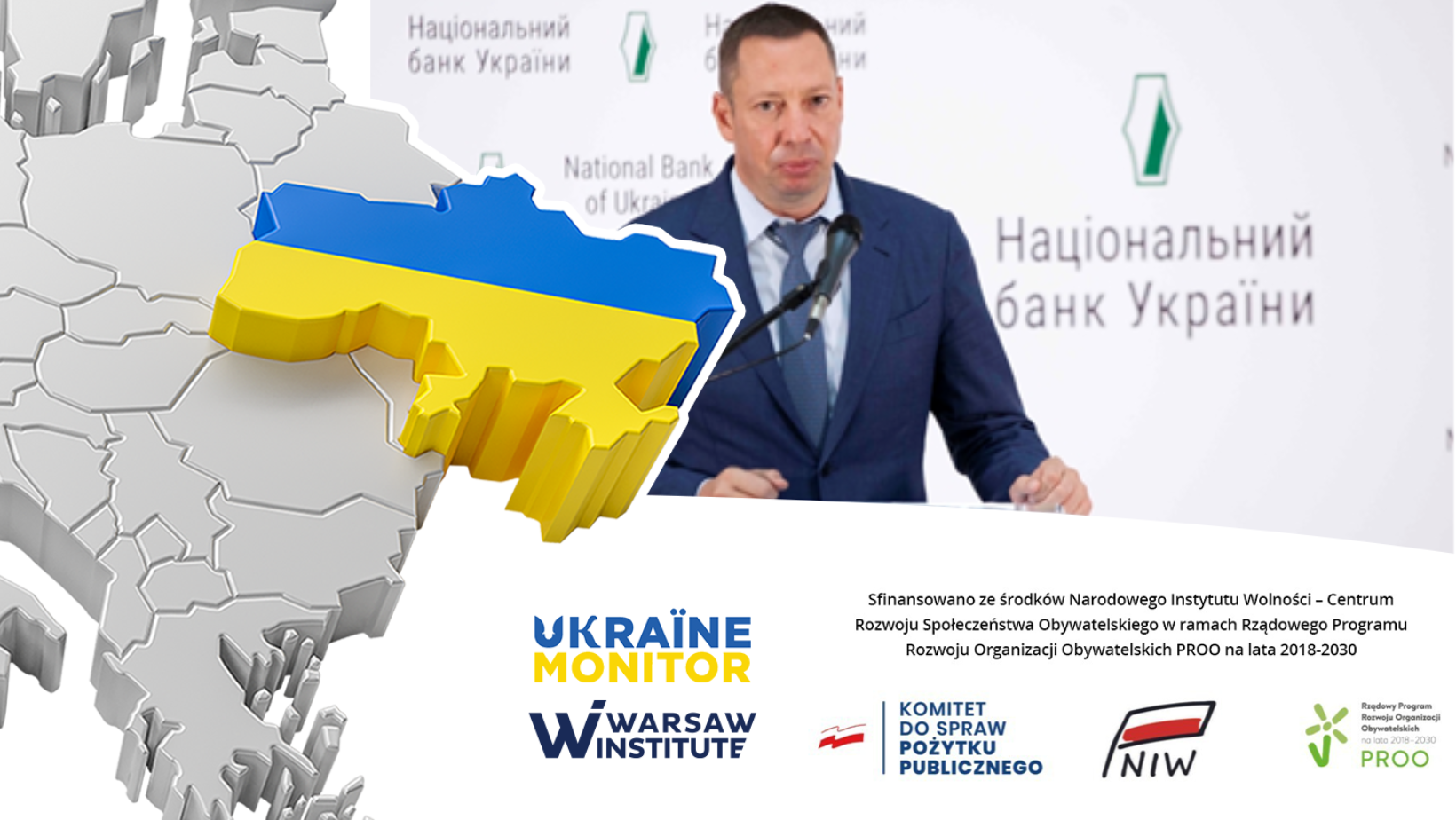
Ukraine’s Former Central Bank Chief Declared Wanted
The true reason behind the resignation of the chairman of Ukraine’s national bank is an old embezzlement case––and not his conflict with the finance ministry. Kyrylo Shevchenko was allegedly involved in an embezzlement scheme while serving as the chairman of one of the country’s state banks.
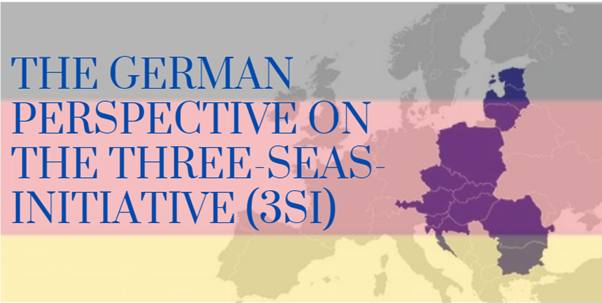
Progressive development in the German perspective of the Three Seas Initiative
Since its inception in 2015, the Three Seas Initiative (3SI or TSI) has gradually flourished in the Trimarium countries, gathering more and more support from private entities and becoming the focus of research centers. Countries such as Poland, Croatia and the Czech Republic continuously supported the Initiative, which consequently led to its gradual development.


